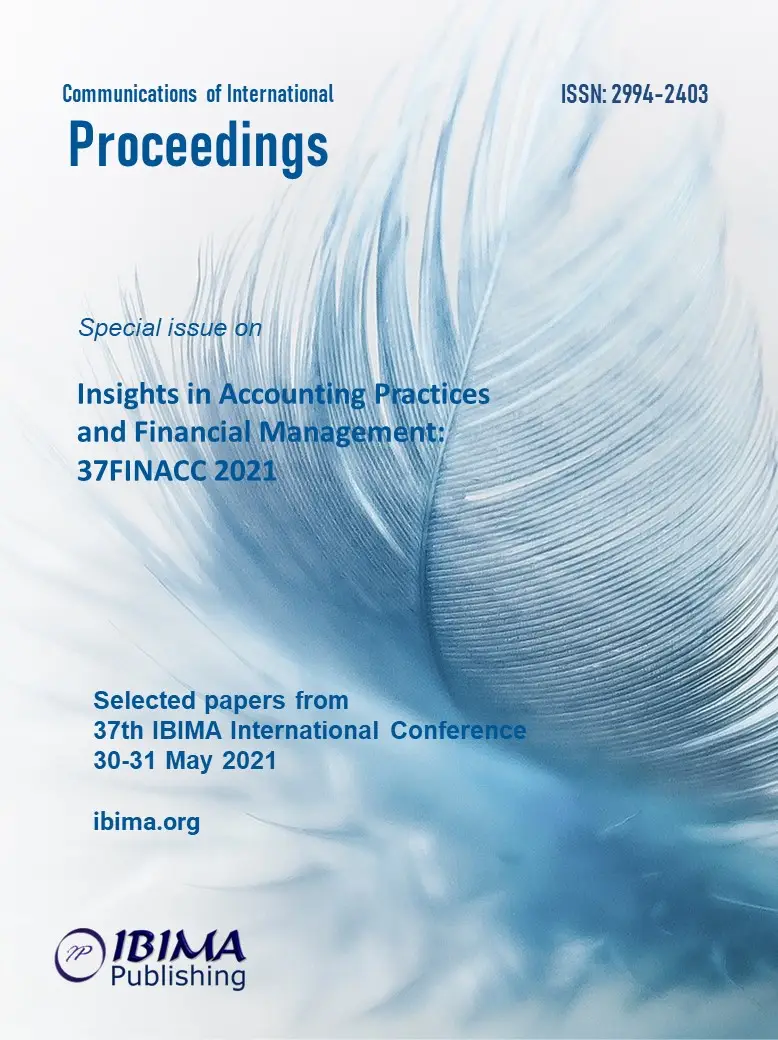
Anna SIEKELOVA And Boris KOLLAR
University of Zilina, Slovakia

The world economy has changed. Earnings management plays an important role within the financial world. In recent years, earnings management can be described as a modern phenomenon. Domestic as well as foreign authors deal with this topic. Reported financial results can be a valuable source of information. The informational value of these results becomes questionable when we realize that managers have not only the motivation but also the ability to use the earnings management techniques to influence these results. The most known models using for the earnings management measurement were created abroad. The explanatory power of these models in countries with different economic conditions (such as the Slovak Republic) is the subject of the research in the present paper. The contribution is focused on the small and medium-sized enterprises sector. The aim of the paper is to determine the explanatory power of selected models of earnings management detection under the conditions of the Slovak Republic focusing on SMEs. Data for the research were obtained from the Amadeus database. Obtained data cover financial statements of Slovak entities for 2019. The dataset consists of 1,230 SMEs. Five earnings management models were chosen, namely the Jones model, the modified Jones model, Theoh, Welch, and Wong model, Kasznik’s model, and Kothari’s model. The explanatory power of these models was measured by using five criteria described in the methodology part. Based on the results, it can be stated that the modified Jones model is an effective method for the earnings management measurement in the Slovak Republic within SMEs.